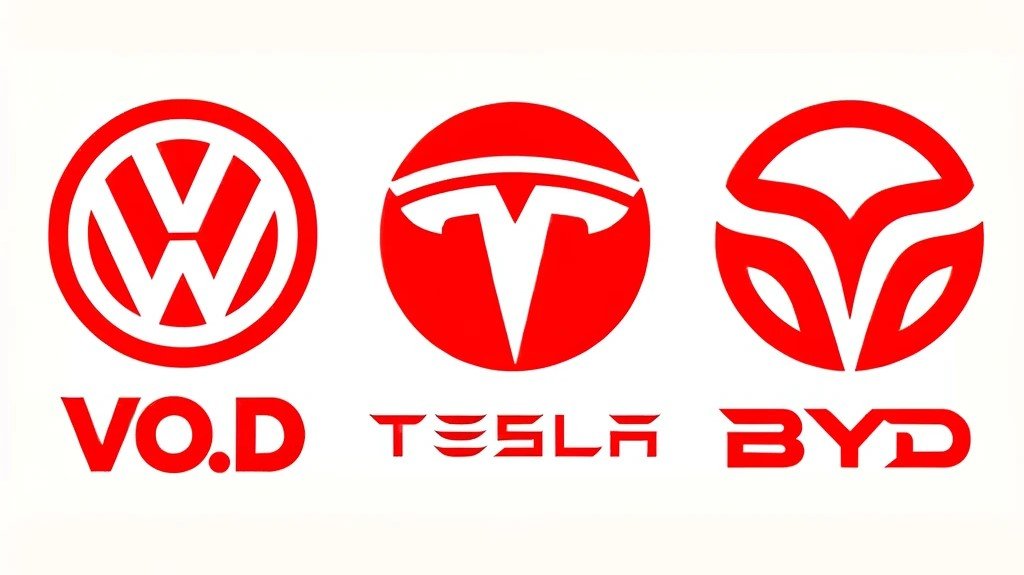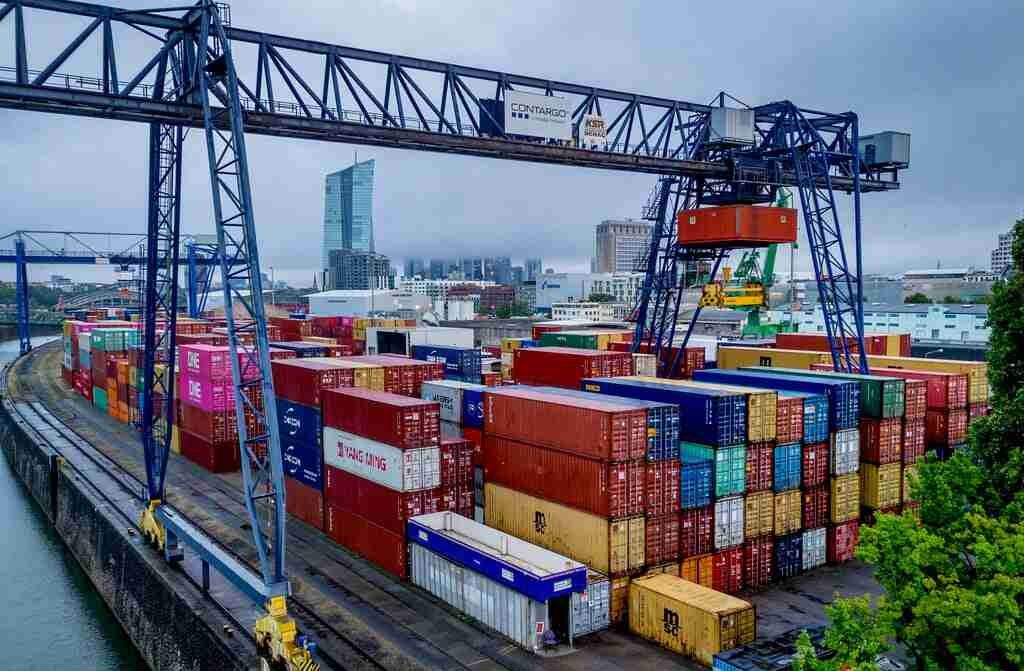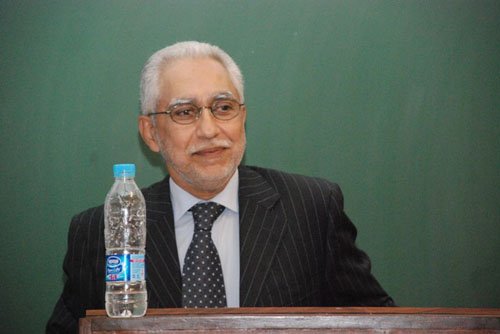Germany’s economy, once the envy of the world for its industrial prowess and engineering marvels, is at a crossroads. The country is expected to grow just 0.5% this year according to IMF. What were the reasons that led Germany to this place and what will be the geopolitical consequences of this? This comprehensive exploration delves into the factors contributing to the current economic challenges and outlines a blueprint for a prosperous future.
Germany, the Crumbling Political Pillars of its Industrial Dominance
Today, Germany’s industrial sector is confronting a cocktail of challenges. From the demographic dilemma of an aging workforce to the surging costs of energy coupled with stiff global competition and geopolitical unrest, the challenges are multi-dimensional. Though a flux of migrants from other parts of Europe and the world somewhat offsets the dilemma of the aging workforce. However, this massive influx of people has massively contributed to the rise of the far right especially in the form of AFD. The AFD has repeatedly called for forced deportation of the immigrants and raised the political temperatures in the country. The recent success of AFD in the German elections is a testament to the new emerging political realities in Europe’s largest economy.

The political landscape in Germany has become increasingly volatile following Angela Merkel’s resignation. Merkel was often touted as the most unifying force in the EU. The new German government under Olaf Scholz thus seems less poised and experienced in migrating the effects of the challenges that are currently facing Germany.

Russia Ukraine war and Europe’s energy security
One of the most important pillars of German manufacturing has always been the cheap gas that powered its factories. The delivery of cheap natural gas from Russia made the German industry highly competitive in the international market. However, ever since those pipes have dried as a result of Western sanctions of Russia, the German economy has taken a big hit. Germany imported 55% of its gas from Russia at the time of its invasion of Ukraine and the energy shock came at a time when the German economy was still recovering from the after effects of the Covid Pandemic. A recent survey by the Federation of German Industries revealed that energy security and manufacturing costs are the top reasons for many German industries shifting investments abroad. Europe’s Chemical industry including Germany’s have been especially hit hard by the war in Ukraine.

The loss of innovation and adaptability by German automative industries
The Germans have long been celebrated for their groundbreaking contributions to engineering and physics. From the development of the first atomic bomb to the creation of modern jet engines, German ingenuity has been synonymous with reliability and cutting-edge innovation. However recent times have been less kind to the them. Germany has been quietly slipping from the global innovation index for the past 1 decade with many German institutes voicing the same concerns for many years. In a report by Otto Beisheim School of Management titled ‘Why Germany is losing the innovation battle,’ it was mentioned how Germany has been slow to adapt to the digitization of the various technologies that often complemented or replaced many of the technologies that Germany excelled in. This inevitably resulted in a profound disadvantage for Germany. Tesla and the Chinese manufacturer BYD have captured the Electric vehicle market around the globe.

CHINAS PROGRESS OVER TIME
China has become the largest manufacturer of electric vehicles (EVs) worldwide and, coincidentally, has also been the largest market for German car exports since the 1990s. While companies in China and Tesla fully embraced electric vehicles, BMW remained focused on developing hybrid cars. When German manufacturers attempted to catch up, their haste led to vehicles plagued by engineering and software issues, which were quickly evident to consumers. This resulted in negative publicity for German cars and generally eroded consumer trust, with many opting for the more reliable Teslas instead. The ‘diesel gate’ scandal, which cost VW a staggering $39 billion US dollars, was fresh in many consumers’ and investors’ minds.

Added to this, the US-China trade war further intensified competition, prompting China to consolidate its semiconductor chip manufacturing and lithium deposits worldwide. As the world’s largest producer of rare earth metals, China benefitted from the global push towards greener energy, an area where Germany was slow to adapt. Consequently, Chinese electric vehicles (EVs) were cheaper to manufacture, leading to Germany not only losing its influence in its largest automobile market to local manufacturers but also globally.
The Global Economic Downturn
If one observes the global economic landscape, it reveals a decelerating Chinese economy, with its growth engines showing signs of slowing. India, often referred to as the next emerging powerhouse, needs to catch up to its projected growth milestones. Prime Minister Modi promised to elevate India to a 5 trillion dollar economy by 2024, yet current trends suggest this goal may not be achievable before 2028. Europe, similarly, is struggling to find its footing. In contrast, North America appears to be the only region faring relatively well in these challenging times.

The global economy appears to be struggling currently, and Germany is not isolated in facing these crises. A recent decision by the German court blocked the government from using unspent Climate policy funds for its expenditures. This created a €60 billion shortfall in the German budget and further exacerbating the country’s economic woes. It’s clear that Germany is confronted with a variety of challenges that have converged at an inopportune time, amplifying the crisis. However, with sound decision-making and the implementation of effective policies, these issues can be addressed and potentially resolve.


















[…] Germany, the reasons behind its economic crisis […]
[…] […]